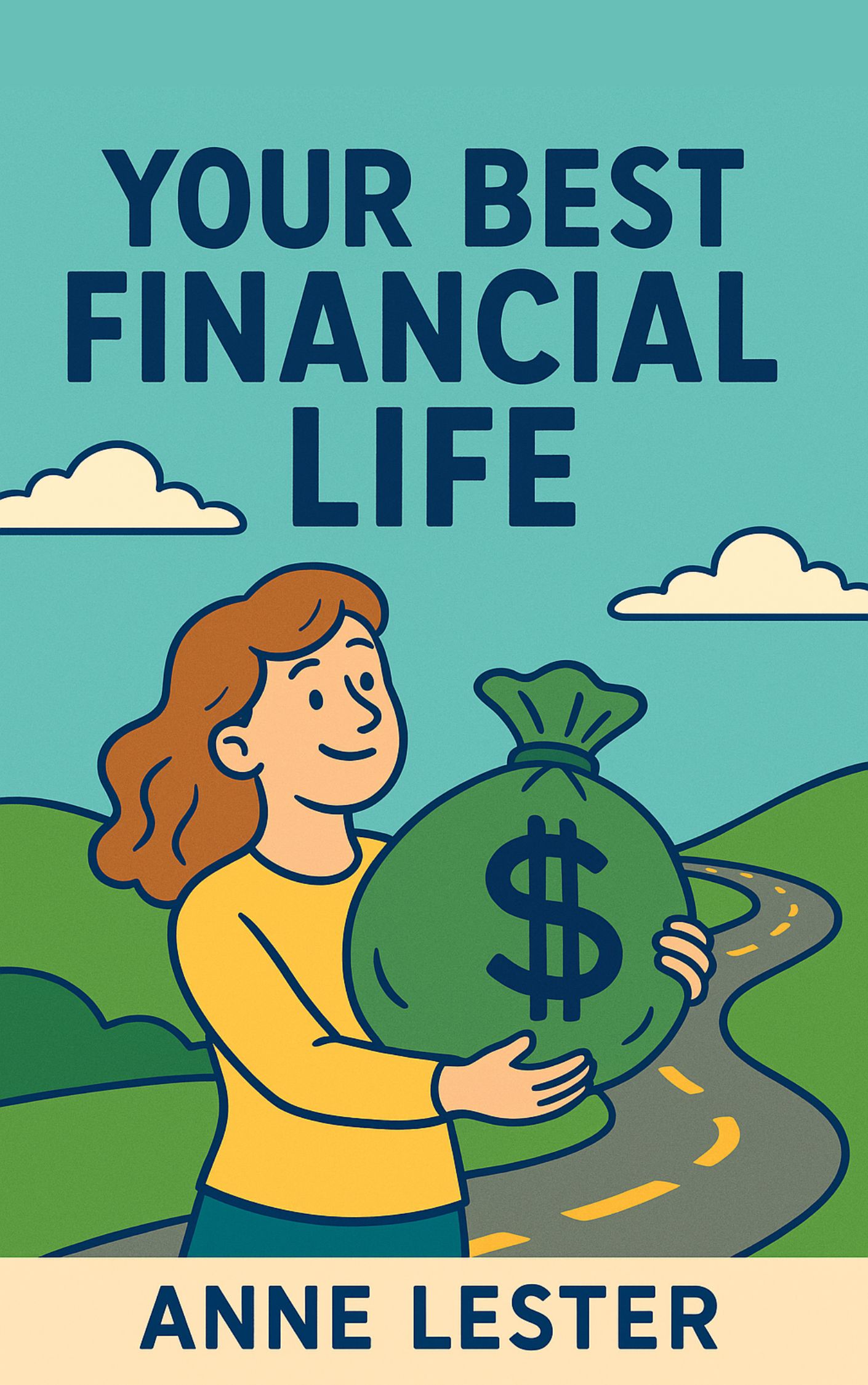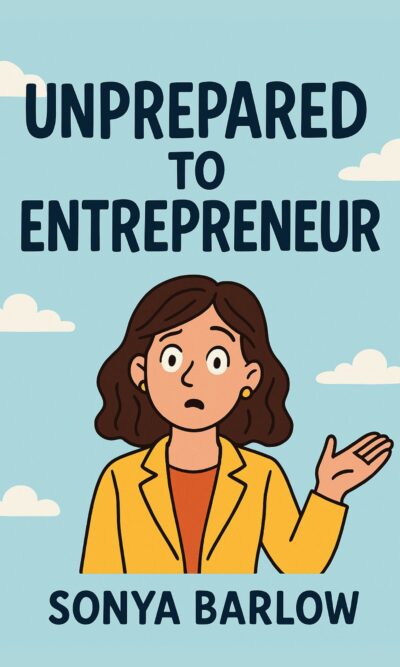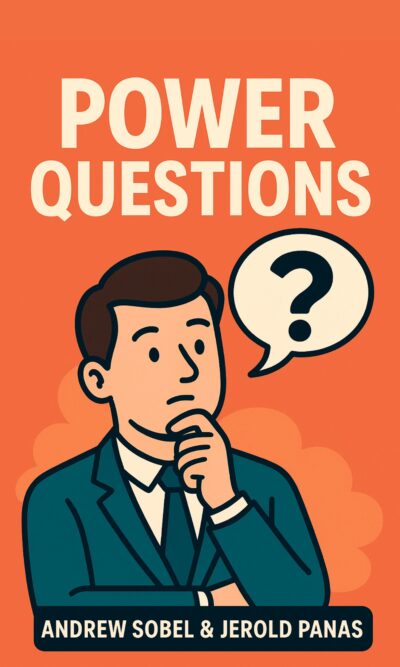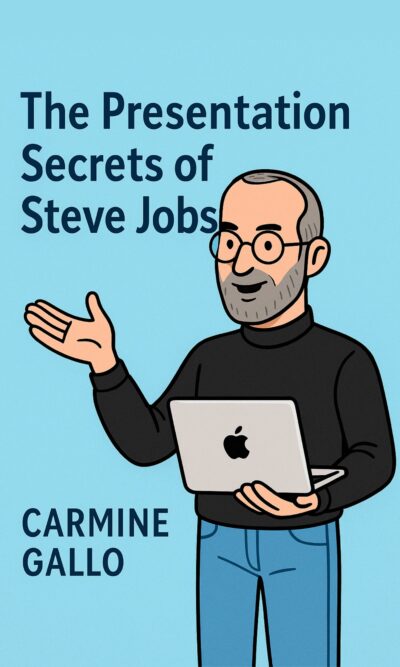Description
Money plays a role in almost every choice we make, yet very few people feel truly free from financial stress. The dream of financial independence can feel distant, but with the right approach, it becomes much more realistic. Think of it as a long road trip: you may face detours, bumps, and traffic, but if you stay on course and keep moving forward, you’ll eventually arrive at your destination. That destination is a life where money doesn’t control you, but instead supports the way you want to live.
The foundation of this journey lies in a principle that feels almost magical: compound interest. It is the process of money earning more money, over and over again, until it grows into something much larger than you could imagine at first. Imagine putting away a small amount each year in your twenties. Decades later, that simple habit could blossom into a fortune, not because you poured in massive amounts, but because time allowed your savings to multiply. The earlier you start, the easier it becomes, since time itself does most of the heavy lifting. Sadly, many people miss this opportunity because they are distracted by daily expenses or tempted by immediate pleasures. But if you can start early and keep saving steadily, the growth will surprise you.
Of course, growing wealth isn’t just about saving. It’s also about protecting yourself from the common mistakes that quietly drain money away. One major mistake is ignoring retirement accounts such as a 401(k) or IRA. Without them, you lose valuable tax benefits and years of potential compound growth. Another danger is failing to prepare for emergencies. Life is unpredictable—medical bills, sudden job loss, or car repairs can strike anytime. If you don’t have a cushion, you may end up dipping into your savings or using credit cards, both of which set you back significantly. Insurance is another overlooked area. Skipping proper coverage may save money in the short term, but when disaster hits, the costs can wipe out years of progress. Even well-meaning choices, like putting children’s education ahead of your own retirement, can be risky. While helping family is noble, neglecting your own financial security can create bigger problems later. Lastly, many people underestimate the true cost of owning a home. Beyond the purchase price are repairs, taxes, and maintenance. Without careful planning, a home can turn from an asset into a burden. Avoiding these pitfalls keeps your financial road much smoother.
Yet even when people know the right things to do, saving still feels hard. The reason lies deep within our brains. Human beings are wired to prefer immediate rewards. Long ago, this instinct helped our ancestors survive, but today it often works against us. Buying something now feels more satisfying than waiting decades for savings to grow. Modern “buy now, pay later” schemes make it even easier to give in to temptation, slowly trapping people in small but constant debt. The battle between spending and saving is not just financial—it is psychological. Understanding this can help you give yourself grace and find ways to outsmart those instincts.
One useful step is to recognize your own financial personality. Some people are natural spenders, chasing excitement and pleasure in the present. Others are savers, carefully holding back for the future. Most of us fall somewhere in between, and our habits may shift depending on circumstances. For example, you may be a careful saver but still overspend on subscriptions or lifestyle upgrades as your income grows. The key is not to judge yourself, but to identify your patterns. Once you know where your weaknesses lie, you can build strategies to counter them, such as cutting unnecessary subscriptions or setting rules to automatically increase savings whenever your income rises.
Once you have this self-awareness, it’s time to put structure around your plan. A practical way to do this is by following the S.T.A.S.H. approach. The first step is to build a strong emergency fund—your “safety stash” for when life throws surprises at you. This should cover three to six months of living costs. The second step is to take full advantage of retirement accounts, especially those with employer matches, since that is essentially free money. The third step is to assess your budget carefully and tackle high-interest debt quickly, since no investment can outgrow the drag of expensive debt. The fourth step is to stay the course, even when markets wobble or news headlines cause panic. Over time, steady investing always outperforms emotional reactions. And finally, the last step is to remember to have fun. Financial planning should not strip life of joy. Once your essentials are covered, set aside money for vacations, hobbies, and experiences that make the journey worthwhile.
Still, even the best plans will be tested. Life rarely moves in a straight line. Breakups, layoffs, illnesses, or unexpected bills can shake your confidence and threaten your progress. But flexibility is just as important as discipline. If you lose a job, for example, don’t cash out retirement savings in panic. Instead, look for ways to roll over your accounts and preserve your future growth. If you get a raise, don’t let lifestyle inflation eat it all up; use it as a chance to increase your contributions and accelerate your goals. And if you face sudden expenses, that’s where your emergency fund steps in, so you don’t derail your bigger plans. Each obstacle is not the end of the road, but simply a curve that you can learn to navigate.
At its core, financial freedom is not about hoarding money. It’s about control—control over your choices, your time, and your future. The habits you form today create the possibilities you’ll enjoy tomorrow. By saving early, avoiding traps, understanding your money personality, and applying a clear plan like S.T.A.S.H., you give yourself the power to handle challenges while still enjoying the present.
The road to your best financial life is not meant to be rushed. It’s about steady progress, patience, and consistency. Just as a road trip is made of countless small miles, your wealth is built from countless small decisions. Each choice to save instead of spend, to prepare instead of delay, is another mile toward the destination of freedom. With awareness, discipline, and flexibility, anyone can reach that destination.





